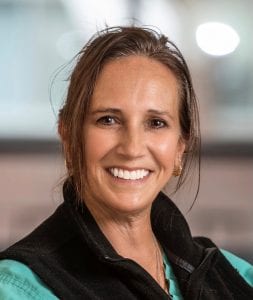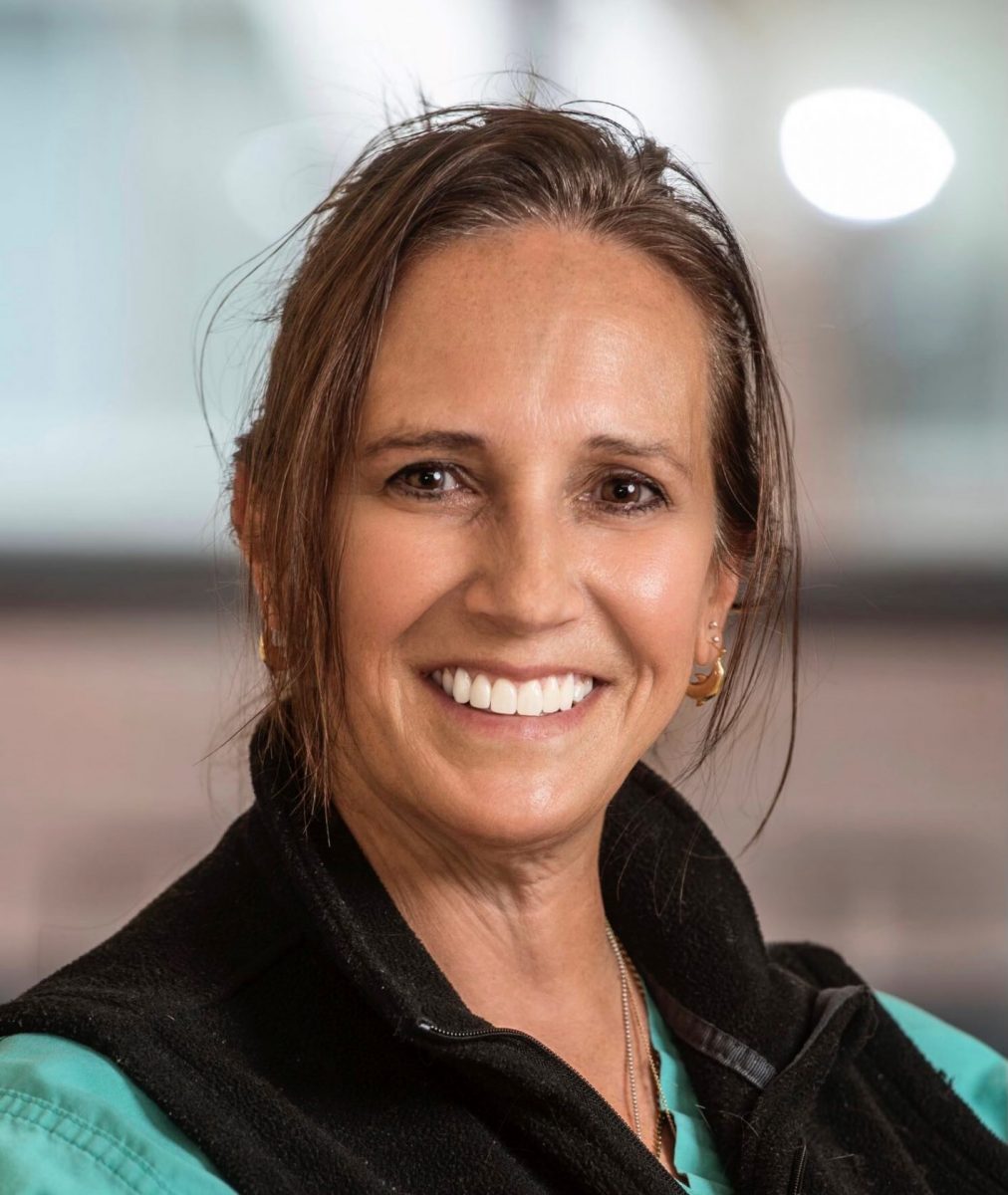WESTFIELD PUBLIC HEALTH WEEKLY BULLETIN

JUANITA CARNES,
Chair, Westfield Board of Health
By Juanita Carnes FNP, Board of Health chair
Trypanophobia is the extreme fear of medical procedures that involve injections or hypodermic needles. It is estimated that 25 percent of the adult population suffers from this fear.
Trypanophobics avoid medical care, procedures and, you guessed it, vaccinations. This phobia can affect anyone. A difficult childhood experience may be a cause. A genetic component may be responsible. Fainting with shots has been seen in families. Everyone who has given injections or drawn blood has experienced the stereotypical 250-pound muscular biker covered in tattoos who proclaims he is afraid of needles. Despite all those tattoos, he really is afraid.
Injections, or as the British call it, “jabs,” are a necessary part of life to maintain one’s health. I personally think I might cringe if I was told I was going to be “jabbed,” although shots don’t bother me in the least. But, said with a British accent and a cup of tea, I’m sure it sounds lovely. The average healthy person receives approximately 165 needle sticks in his or her lifetime. If you are hospitalized, or have a chronic condition, that number multiples exponentially. If you suffer from trypanophobia, your health will be detrimentally affected by the stress and anxiety, avoiding needed vaccinations, lab tests and medications. This can lead to lack of medical care and missed diagnoses. Avoiding a vaccine can lead to severe illness, disability and death.
Which leads me to some basic math. If 25 percent of the adult population is a trypanophobic, then approximately half of Westfield residents that remain unvaccinated may simple be terrified of an injection and using a cover story to hide their fear. If we could reach out to the 25 percent and help them handle their fear and get vaccinated, our vaccination rate would increase to 75-80 percent. Illness, disabilities and death from COVID-19 could be averted. Our case numbers continue to increase. Hampden County has the lowest vaccine rate in the state.
There are many ways to try to handle your fear. First, face it. Don’t hide behind misinformation or conspiracy theories if the truth is you’re afraid of needles. Talk to your healthcare provider. A trusted health provider can offer a topical numbing agent, allow a friend or partner to be with you, have you lie down, provide distraction. Ask if they have any tricks of the trade to help you. Let them know what works best for you: knowing when it’s going to happen or just doing it. Keep your muscle relaxed. If you tense up, it hurts more. Keep yourself relaxed with deep breathing, listening to music, thinking of your favorite place or thing, visualizing yourself elsewhere or counting backwards. Look away, don’t watch the actual injection. If needed, seek care from a mental health provider or talk to your doctor, nurse practitioner or physician’s assistant about anti-anxiety medication, if needed to get your vaccine. Don’t be afraid to ask for help. You would be surprised how many people, including the city Health Department, would be happy to help you.
I wonder whether there is an official word yet for COVID-phobia — although any fear of COVID and its consequences is valid and not an irrational fear. My job has been so busy. The surge of cases is clearly evident. The numbers of cases are rising, and mostly in the unvaccinated. With regulations relaxed, people traveling, holiday gatherings, the potential effects of the new variant and pandemic exhaustion, we are headed into the perfect storm. Vaccines are proven to help stop the spread and are readily available. Please go to VaxFinder.mass.gov to get your first, second or third COVID vaccine. Continue to wear your mask, use hand sanitizer, avoid large gatherings, spread scientific information not the virus, respect and support health care workers, the Department of Public Health and everyone helping during this pandemic.
Take care of yourself and someone else.
Dedicated health department members have been working tirelessly throughout the pandemic, as well as Board of Health members Juanita Carnes, FNP, Margaret Doody, and Stan Strzempko, M.D.
We keep working to keep you safe.








